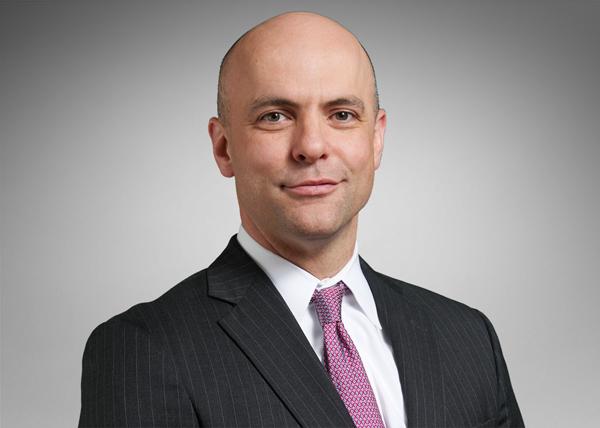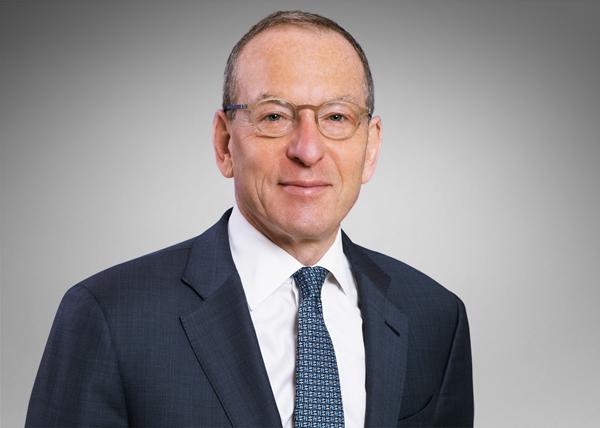NEW YORK—Covington partner Paul Schmidt has been named a Fellow of the American College of Trial Lawyers, one of the premier legal associations in North America. Paul is the eighth Covington lawyer among the current fellows, joining Lanny Breuer, Robert Haslam, Carolyn Kubota, John Nields, George Pappas, William Phillips, and Jennifer Saulino.
Paul has led the defense of some of the most complex litigations nationwide. His recent trial work includes wins for McKesson in the opioid litigation, Boehringer in Pradaxa litigation, and Lilly in Cymbalta litigation, along with MDL-ending Daubert wins in the Onglyza and Mirena litigations. Paul has also successfully argued appeals before state and federal courts around the country, including precedent-setting rulings on issues like expert standards, warning obligations, and federal preemption before state Supreme Courts and federal Courts of Appeal around the country.
Founded in 1950, the College is composed of the best of the trial bar from the United States and Canada. Fellowship in the College is extended by invitation only, and only after careful investigation, to those experienced trial lawyers who have mastered the art of advocacy and whose professional careers have been marked by the highest standards of ethical conduct, professionalism, civility, and collegiality. Lawyers must have a minimum of fifteen years trial experience before they can be considered for Fellowship.
Membership in the College cannot exceed one percent of the total lawyer population of any state or province. There are currently more than 5,700 members in the United States and Canada, including active Fellows, Emeritus Fellows, Judicial Fellows (those who ascended to the bench after their induction) and Honorary Fellows. The College strives to improve and elevate the standards of trial practice, the administration of justice, and the ethics of the trial profession. Qualified lawyers are called to Fellowship in the College from all branches of trial practice. They are carefully selected from among those who customarily represent plaintiffs in civil cases and those who customarily represent defendants, those who prosecute individuals accused of crime and those who defend them. The College is thus able to speak with a balanced voice on important issues affecting the legal profession and the administration of justice.
Back
Back










